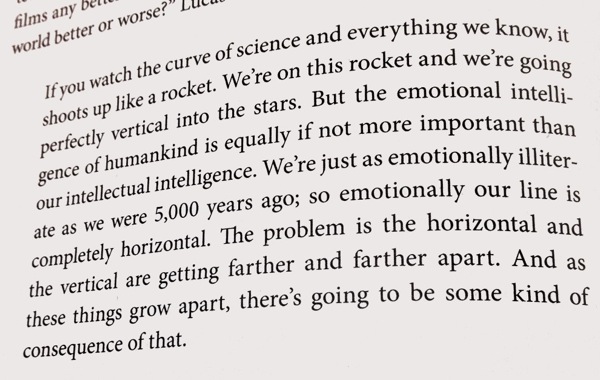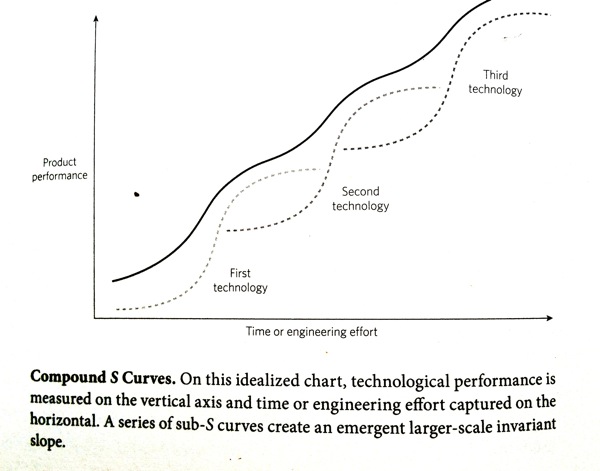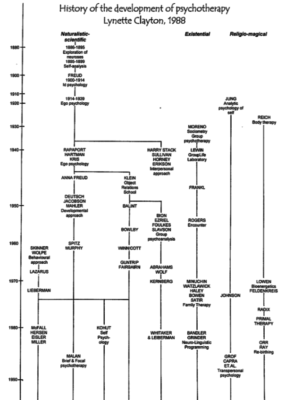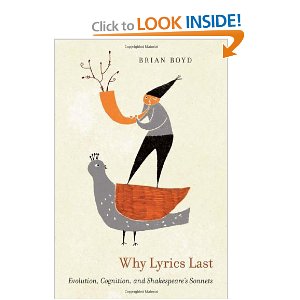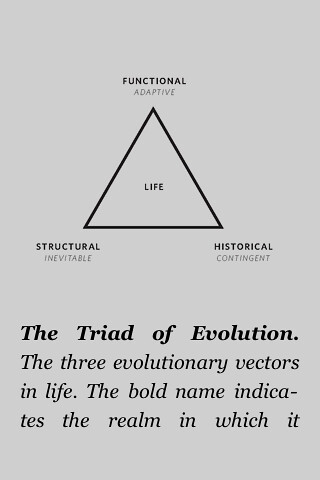Been posting a few items about books here. Very casual. Hardly posted a thing this year, and see post on Evernote below re that. Feel some motivation coming on.
The motivation is to post book covers and snippets because I am loving my ebooks – have for years. I don’t really want the paper books anymore. But I miss the affordance of the stacks of books lying around unread. They are now just a line of links on a screen and sometimes I can’t even recall why I have the book sample or who recommended it. There are so many samples, just a list! So I’ll post unread books here, awaiting reviews.
Once paper books are read they can go on a shelf somewhere. Even the pile in the garage. I can look at them when I tidy up, and think, oh yes I remember that.
OK, so there is a purpose for the blog, to notice what I have in my ebook library in some sort of meaningful way. So out with Evernote for books – and onto the blog with them. Expect more flimsy post with cover pictures.
I will update posts too, I often do that here, they need edits and additions as they go up very rough.
I tried Goodreads for this purpose, however for some reason I am more attracted to my own blog, at least first. Social media can come later, if at all.
~
There is already plenty here in the blog to stir reminiscences. There are references to books back to 1999. As I went back to look I found a dead link to this item
Malcolm Gladwell on Blockbusters and books. Collaborative filtering!
web.archive.org/web/20000301085403/http://www.gladwell.com/1999_10_04_a_sleeper.htm
Just six authors–John Grisham, Tom Clancy, Stephen King, Michael Crichton, Dean Koontz, and Danielle Steel–account for sixty-three of the books on the list. In a world more dependent on collaborative filtering, Grisham, Clancy, King, and Steel would still sell a lot of books. But you’d expect to see many more books like “Divine Secrets of the Ya-Ya Sisterhood”–many more new writers–make their way onto the best- seller list. And the gap between the very best selling books and those in the middle would narrow. Collaborative filtering, Hagel says, “favors the smaller, the more talented, more quality products that may have a hard time getting visibility because they are not particularly good at marketing.”
It seems he was wrong though.
Must revisit, interesting. What has happened 15 years later to those lists?

